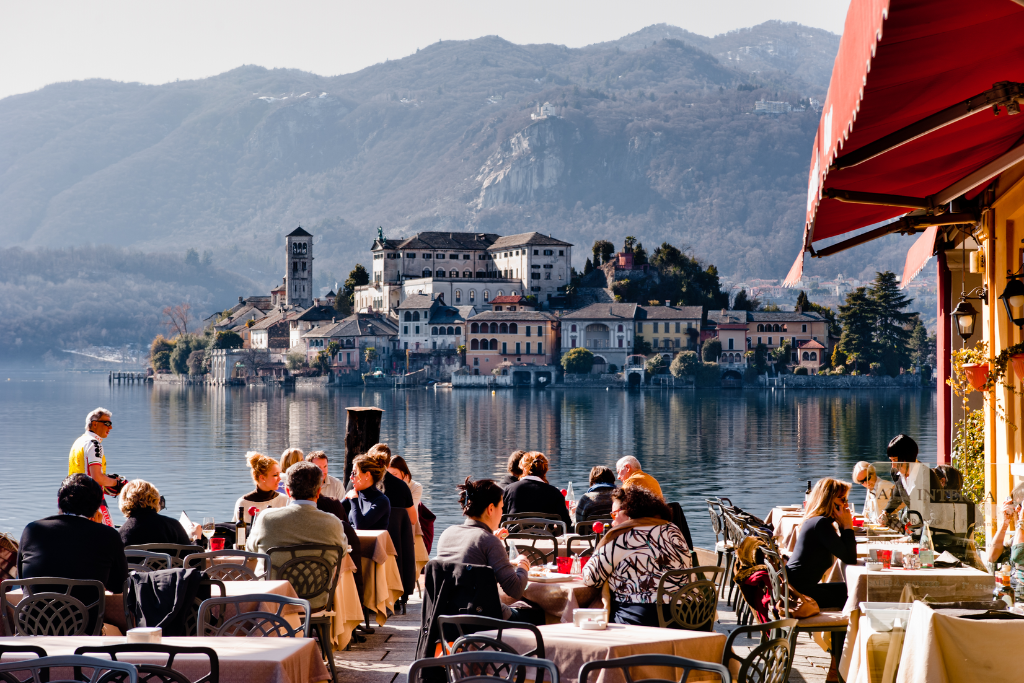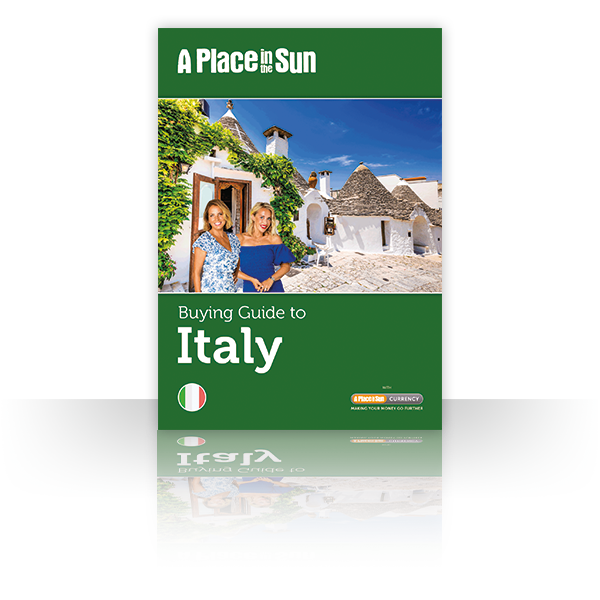-
Find your place in the sun
- Home
-
Property Search
- Property Search
-
Property in Spain
- Property in Spain
- Almeria
- Costa Blanca
- Costa del Sol
- Costa Brava
- Costa de la Luz
-
Costa Tropical
- Costa Tropical
- La Herradura
- Almuñécar
- Salobreña
- Motril
- Murcia
- Valencia
- Inland Andalucia
-
Canary Islands
- Canary Islands
- Tenerife
- Fuerteventura
- Lanzarote
- Gran Canaria
- Balearic Islands
- All Areas
- Property in France
-
Property in Portugal
- Property in Portugal
- Algarve
- Albufeira
- Lagos
- Lisbon Coast
- Silver Coast
- All Areas
- Property in Italy
-
Property in Greece
- Property in Greece
- Aegean Islands
- Corfu
- Crete
- Halkidiki
- Ionian Islands
- All Areas
- Property in Florida
- Property in Cyprus
- Property in Turkey
- Search all countries
- New Developments
- Find an agent in...
- Most Popular Properties
-
-
Help & Guides
- Help & Guides
- How to Buy
- Area Guides
- Free Guide Download
- Professional Services
- Currency
- Mortgages
- Insurance
-
Relocation
- Relocation
-
Moving to Spain
- Moving to Spain
- Buying property in Spain
- Living in Spain
- Retiring to Spain
- How to move to Spain
-
Moving to France
- Moving to France
- Buying property in France
- Living in France
- Retiring to France
-
Moving to Portugal
- Moving to Portugal
- Buying property in Portugal
- Living in Portugal
- Retiring to Portugal
-
Moving to Italy
- Moving to Italy
- Buying property in Italy
- Living in Italy
- Retiring to Italy
-
Moving to Cyprus
- Moving to Cyprus
- Buying property in Cyprus
- Living in Cyprus
- Retiring to Cyprus
- Moving to Malta
- Find a Lawyer
- Viewing Trips Guide
- Articles
- Webinars
- New Developments
- Live Events
-
TV Show
- TV Show
- Episodes
- Presenters
- Apply
- Advertise with us
-
- Sign up / sign in
- Currency
- Find an agent
- Advertise with us
Living in Italy
 It's no surprise that Italy has remained a popular location for expats moving permanently overseas. With its rural tranquillity and laid-back beach towns that never get too crowded, culture and weather - there's a lot to love about living in Italy!
It's no surprise that Italy has remained a popular location for expats moving permanently overseas. With its rural tranquillity and laid-back beach towns that never get too crowded, culture and weather - there's a lot to love about living in Italy!
Learn everything you need to know about moving to and starting a new life in Italy here.
Healthcare
When you live in Italy, you'll have access free healthcare, but this is something you need to apply for.
Find out more about applying for healthcare in Italy.
Education and schooling
If you're relocating to Italy with school-aged children, you'll need to consider where they'll attend school, as well as what kind of education they'll receive - and in what language!
Read about the Italian education system here.
Retirement
If you're planning on retiring to Italy, take a look at our specific section on retiring to Italy.
Learn more about retiring to Italy.
Making a will in Italy
Find out more about the process of creating a will for your Italian assets
Check out our links below for more Relocation information
What is it like to live in Italy as a foreigner?
Living in Italy as a foreigner offers a rich cultural experience, a slower pace of life, and access to beautiful landscapes, history, and cuisine. Many expats settle in regions like Tuscany, Umbria, or Abruzzo for their affordability and charm. Language can be a barrier in more rural areas, but locals are generally welcoming. Healthcare is accessible and affordable, especially with residency. However, the bureaucracy can be slow and takes some adjusting to. With the right planning and mindset, many foreigners find Italy a rewarding long-term home.
Can I live in Italy full-time if I buy a property there?
Buying property in Italy does not automatically grant you residency. EU citizens can live in Italy freely. However, non-EU nationals, including UK and US citizens, need to apply for a long-stay visa or residency permit if they plan to stay more than 90 days in any 180-day period. Common options include elective residency (for retirees or self-sufficient individuals) or family reunification. Property ownership can support your visa application, but it's not a guarantee of residency.
How much does it cost to live in Italy each month?
Monthly living costs in Italy vary by location and lifestyle. In smaller towns or rural areas, a couple can live comfortably on €1,500–€2,000 per month. In larger cities like Rome, Milan, or Florence, this might rise to €2,500 or more. Utilities, groceries, and healthcare are generally more affordable than in the UK. Council taxes and property maintenance fees are also lower in many regions, especially for residents. If you plan to live off a pension or remote income, Italy can offer a high quality of life at a lower cost.
Can I work or run a business in Italy if I move there?
Yes, but non-EU citizens must apply for the correct visa or permit. You’ll need a work visa (usually sponsored by an Italian employer), a freelance/self-employment visa, or a business investor visa depending on your situation. Italy’s bureaucracy and tax system can be complex, so it’s best to get legal advice before moving. EU citizens have the freedom to live and work in Italy without restrictions.
What are the pros and cons of living in Italy permanently?
Pros include a relaxed lifestyle, rich culture, excellent food and wine, good healthcare, and affordable property in many regions. Cons can include slow bureaucracy, a high tax burden for some, fewer job opportunities (outside of major cities), and language barriers. Italy is particularly well-suited to retirees, digital nomads, and second-home owners who prioritise lifestyle over career-driven relocation. For more information on buying property in Italy, read our free buying guide here.
Is Italy a good place to retire?
Yes, Italy is a popular choice for retirees from the UK and Europe. It offers a mild climate, good healthcare, and many scenic rural areas with affordable homes. Some southern regions even offer tax incentives for pensioners moving from abroad. The elective residency visa is a common path for retirees, though applicants must show proof of sufficient income and private health insurance.
Do I need to speak Italian to live in Italy?
You don’t need to be fluent, but basic Italian will improve your quality of life significantly – especially in smaller towns. In cities and tourist areas, you’ll find more English speakers. Learning Italian helps with integrating into the community, managing paperwork, and accessing local services like healthcare or banking. Many expats take language classes before or shortly after relocating.
What are the healthcare options for expats living in Italy?
Italy’s public healthcare system (SSN) is available to residents and offers good standards of care at low cost. EU citizens can register with their local health authority. Non-EU citizens typically need private health insurance until they’re granted residency. Once resident, you may register for the SSN by paying an annual fee or via reciprocal healthcare agreements. Many expats also choose to supplement public care with private insurance for faster service.
